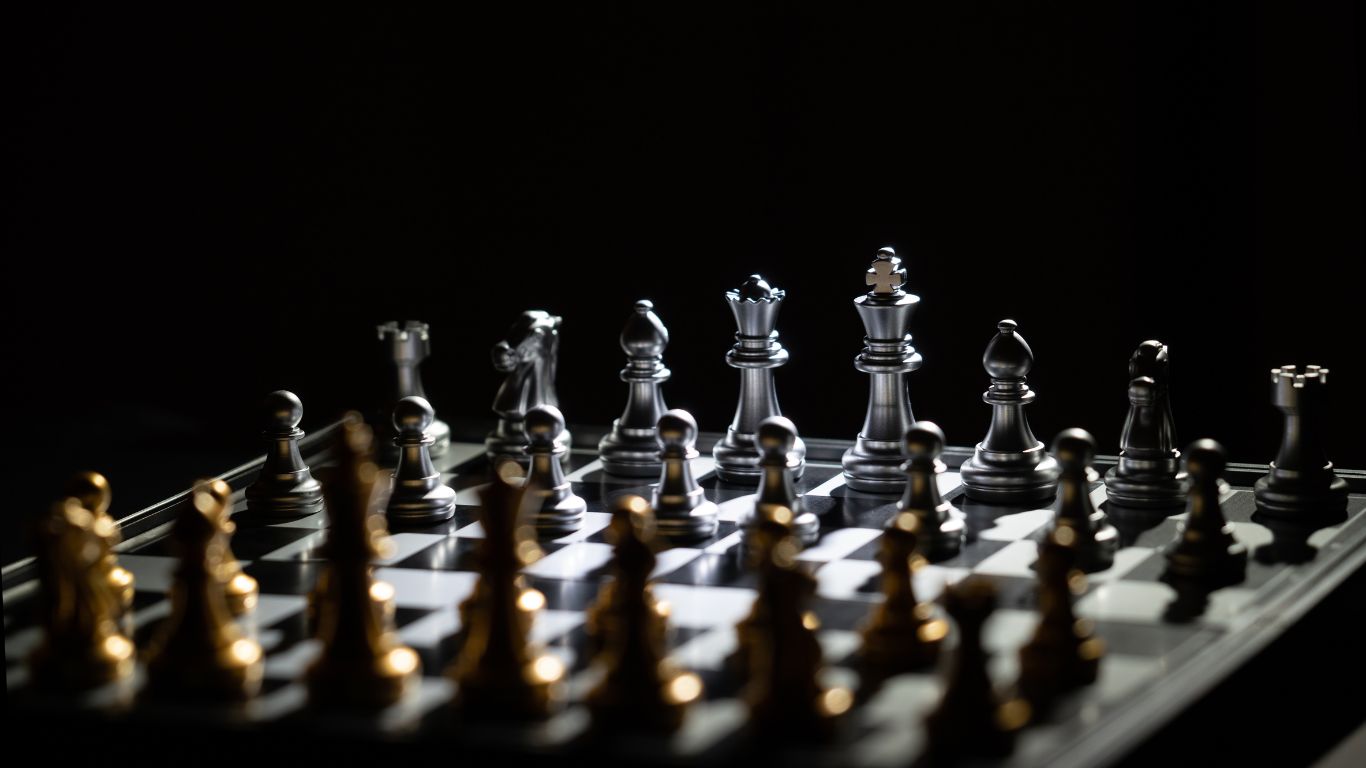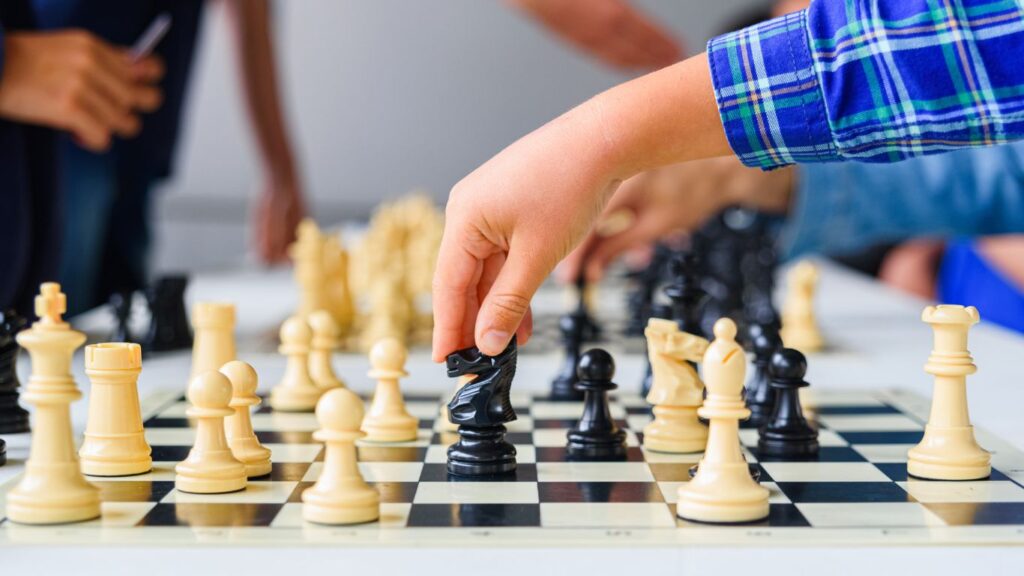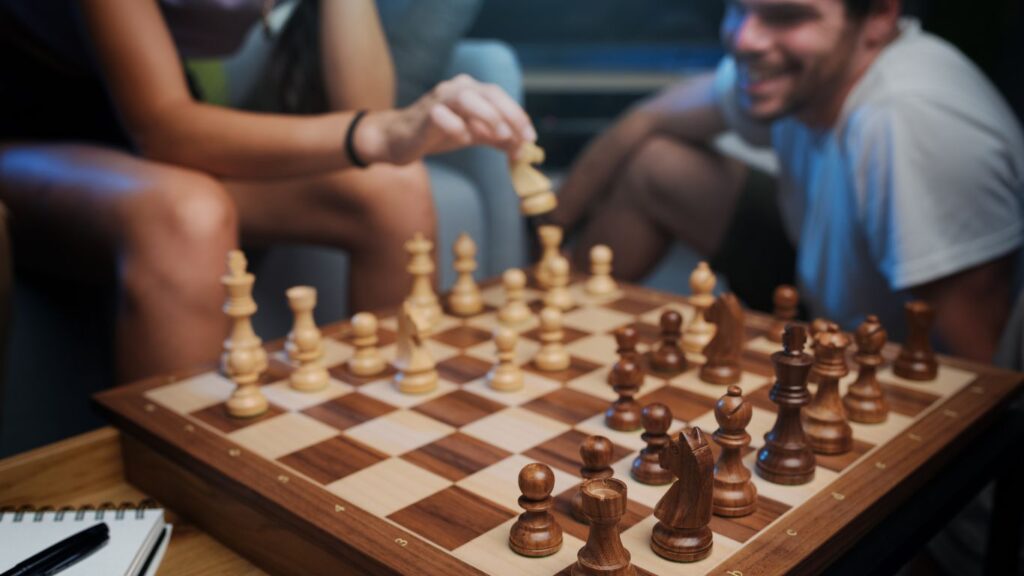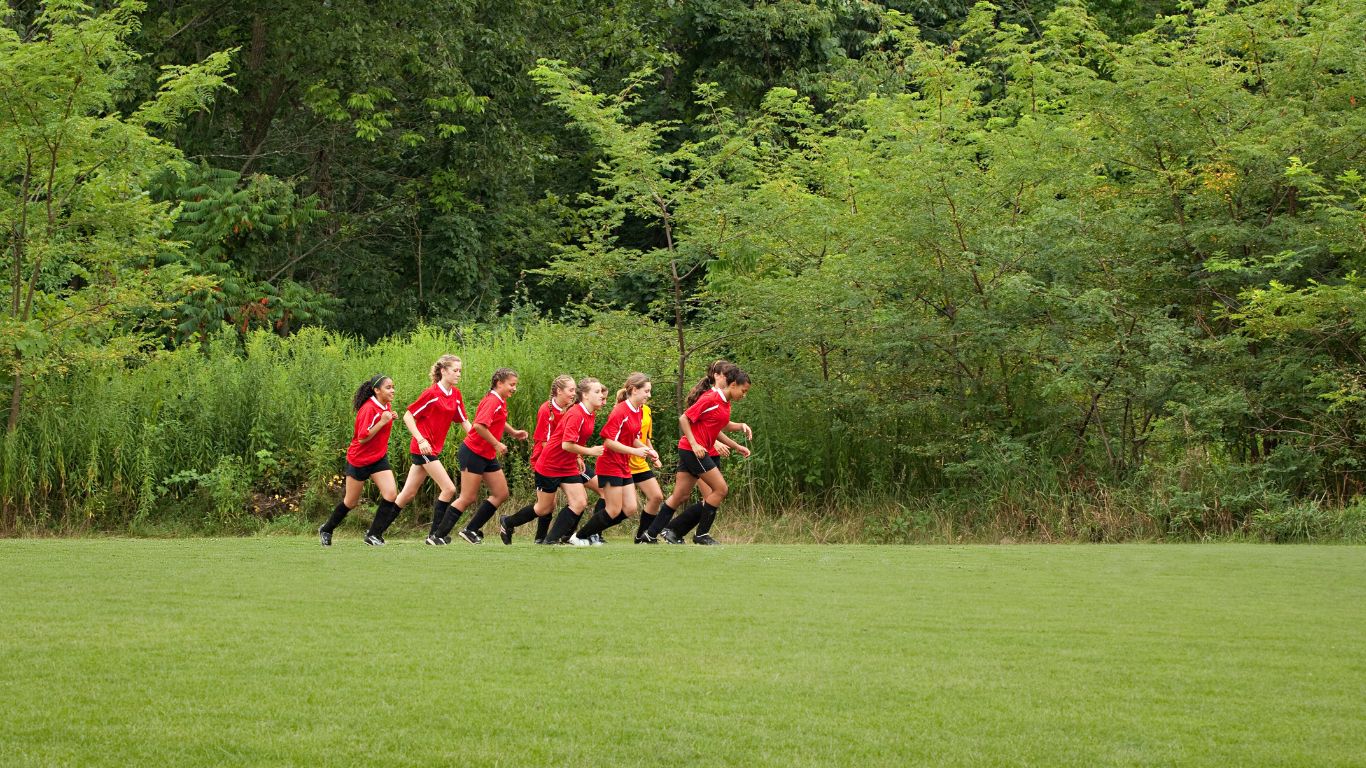Chess has long been viewed as a classic strategy game, invoking images of quiet contemplation and intellectual combat. However, the Herculean mental efforts exerted in chess, the institutional structures of competitive play, and international recognition beg the question, “Is chess a sport?” Here, we present persuasive arguments solidifying chess’s standing as a sport while addressing and refuting common counterarguments.
The Case for Chess as a Sport:
1. Endurance on Par with Traditional Sports:
Chess is often celebrated for the intense mental focus it demands, which can be both physically and psychologically draining. Like marathon runners or cyclists who exhibit immense endurance, chess players must also maintain their concentration over long periods, demonstrating sports-like stamina.
2. Competitive Structure Mirroring Other Sports:
Sport is characterized by organized competition, and chess ticks this box with aplomb. Tournaments and eloquent ranking systems are the lifeblood of chess, akin to any other competitive sport, highlighting its status within the sporting fraternity.
3. Rigorous Training and Coaching:
Behind every grandmaster, there lies a training regime that rivals elite athletes. Chess players consult coaches, study strategies, and analyze past games with an intensity that mirrors the dedication of those in conventional sports.
4. Mental Gymnastics on the Chessboard:
Consider the strategic planning, the mental agility, and the depth of focus required in a game of chess; such cognitive endeavours are paralleled in the tactical foresight seen in team sports like football or basketball.
| Image | Product | Features | Price |
Our Pick1 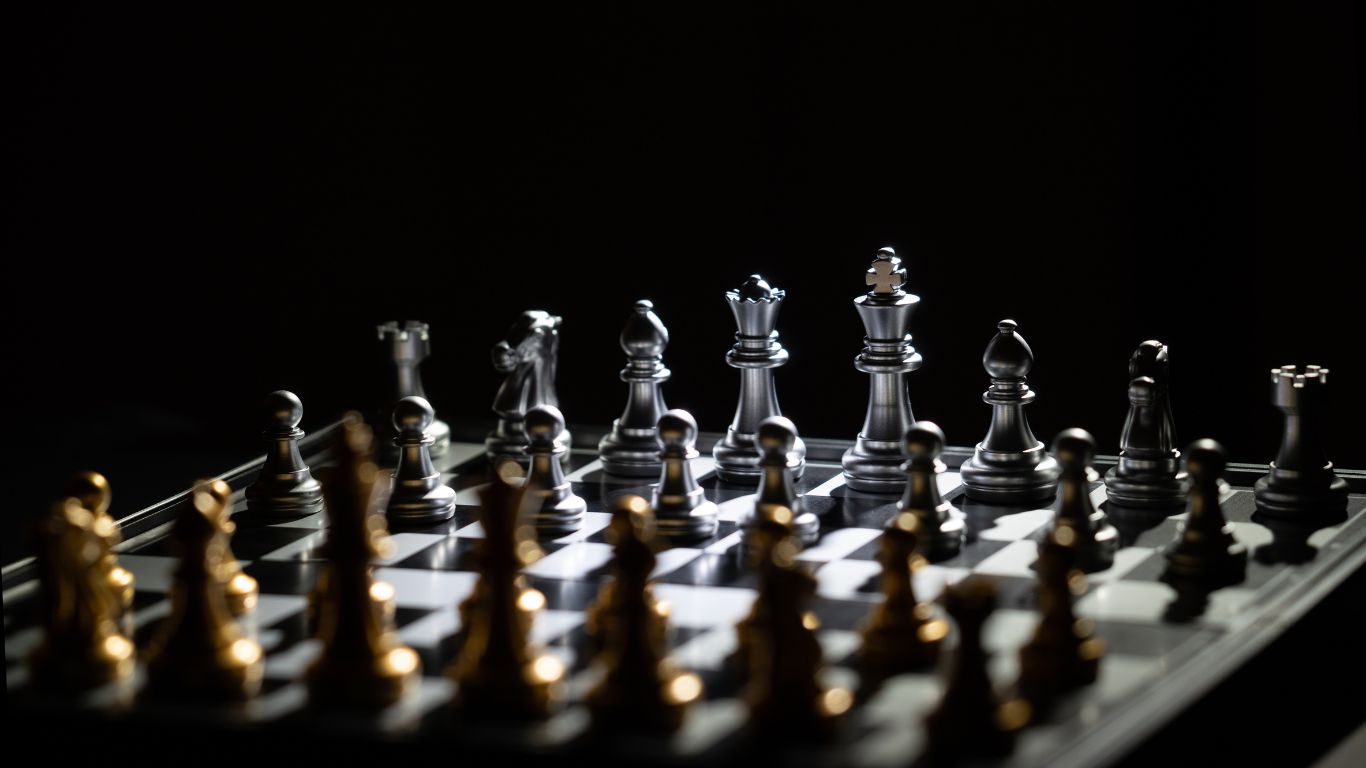 | Magnetic 2 in 1 Chess Set | Brand: Demiwise |
5. International Olympic Committee Recognition:
The stamp of approval from the International Olympic Committee (IOC) lends considerable weight to chess’s sport status. With chess recognized by such a distinguished body, its credibility as a sport is significantly bolstered.
Countering the Counterarguments:
1. Addressing Physical Exertion Misconceptions:
While it is true that chess players remain seated during play, suggesting they lack physical exertion overlooks the intense pressure and stress which can manifest in physical fatigue, akin to any sport with prolonged focus and strategy.
2. Expanding the Definition of Sport:
Sceptics who claim that chess is more of a game than a sport are clinging to outdated definitions. Today’s inclusive perspective rightly encompasses activities that engage mental fortitude and strategic insight, marking chess as a bona fide sport.
3. Understanding the Chess Environment:
Uniformity of environment does not a sport make, as evidenced by the varying terrains of golf courses and weather conditions in sailing. Chess, with its standard equipment and rules, provides a consistent framework similar to any recognized sport.
4. Reevaluating Direct Physical Competition:
Physical contact is not the litmus test for a sport. Non-contact sports such as golf or equestrian activities demonstrate that competitive drive is the core of a sport, an element where chess not only participates but excels.
Chess’s nuanced blend of mental gymnastics, competitive steadfastness, and international recognition warrants its place in the pantheon of sports. Just as muscle flexes and heart rates are easy indicators of physical sports, so is cerebral vigour in chess, an unmistakable sign of its sportsmanship. The time has come to acknowledge that the battle waged on the 64 squares of the chessboard is indeed sport in its most accurate form.





